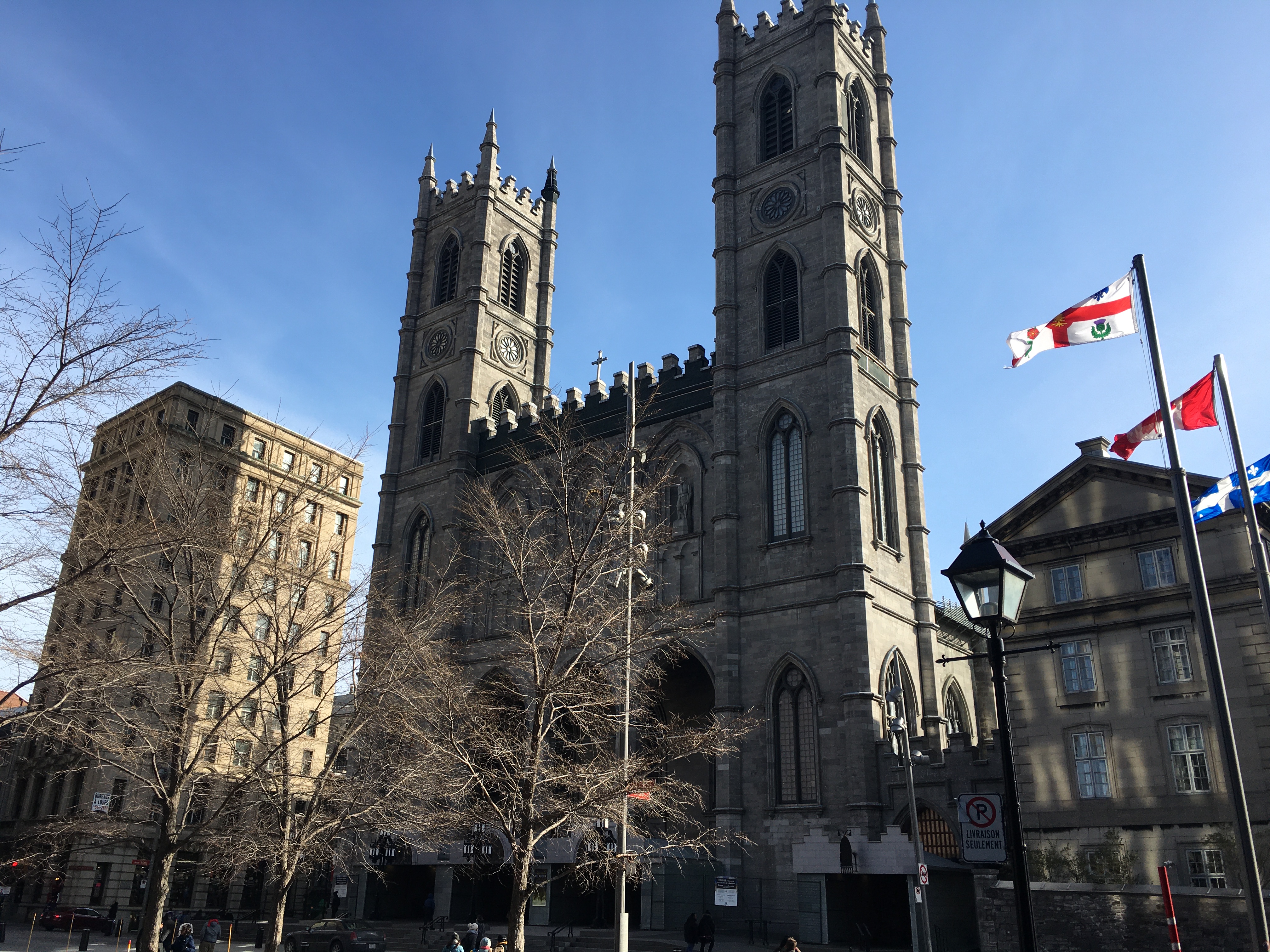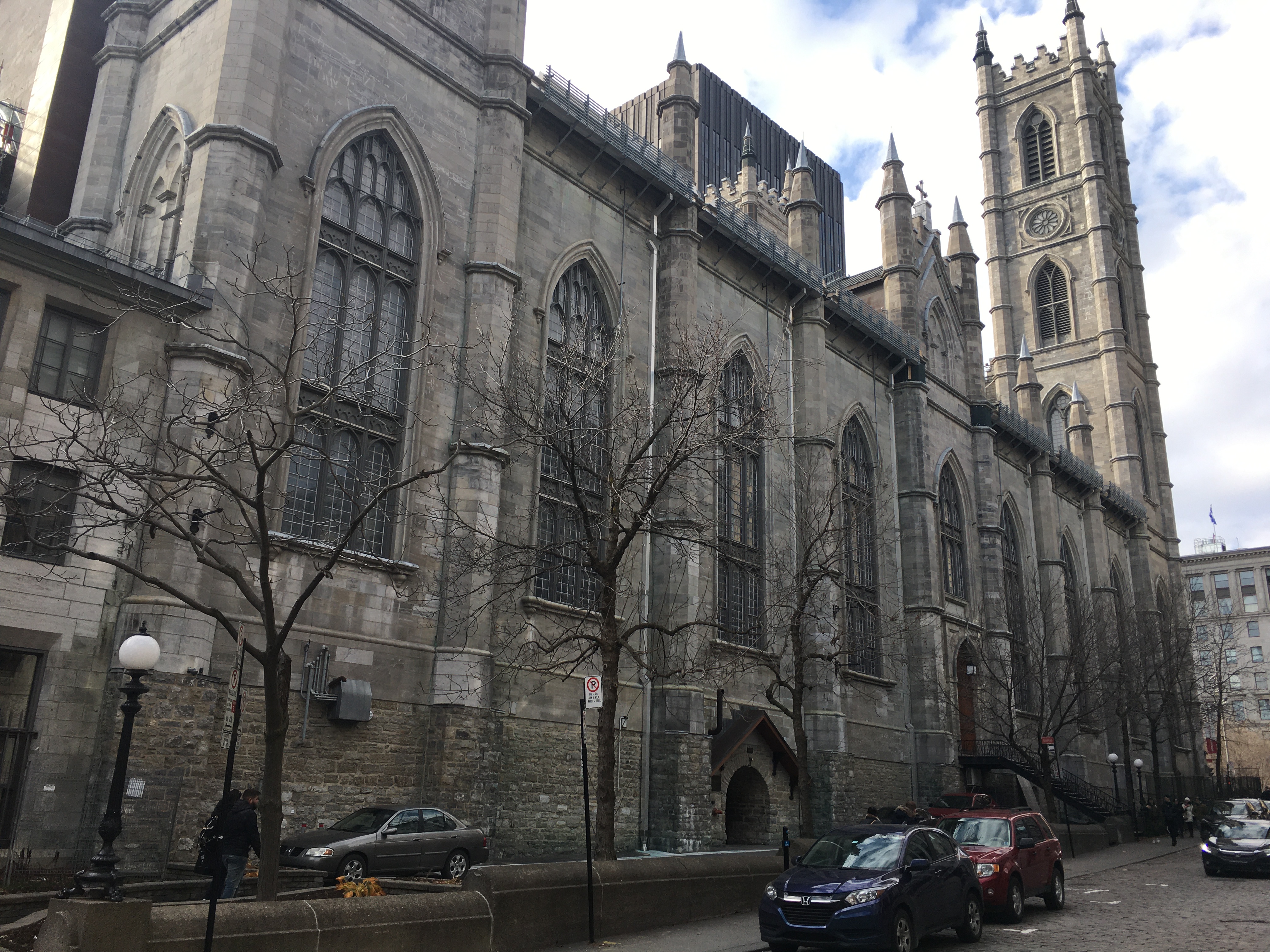From 1 Corinthians 13:4-8, 13 by Saint Paul:
Love is patient; love is kind; love is not envious or boastful or arrogantor rude. It does not insist on its own way; it is not irritable or resentful;it does not rejoice in wrongdoing, but rejoices in the truth. It bears all things, believes all things, hopes all things, endures all things.
Love never ends. But as for prophecies, they will come to an end; as for tongues, they will cease; as for knowledge, it will come to an end.
And now faith, hope, and love abide, these three; and the greatest of these is love.
From “Captain Corelli’s Mandolin”by Louis de Bernières:
Love is a temporary madness, it erupts like volcanoes and then subsides. And when it subsides you have to make a decision. You have to work out whether your roots have so entwined together that it is inconceivable that you should ever part. Because this is what love is.
Love is not breathlessness, it is not excitement, it is not the promulgation of eternal passion. That is just being “in love” which any fool can do.
Love itself is what is left over when being in love has burned away, and this is both an art and a fortunate accident. Those that truly love, have roots that grow towards each other underground, and when all the pretty blossom have fallen from their branches, they find that they are one tree and not two.
We are here today because you, Ryan and Kristina, have invited us to be with you in this very special moment in your lives. I count myself among those who feel very much honoured to witness the celebration of your love for each other, and the blessing of God upon your marriage.
Indeed, I suspect we are doing this because you want your relationship — which began years ago — to endure long after this day. You want your relationship of marriage to be strong and long-lasting. You want your marriage to be rooted, and grounded, in the love you share, and the love given to you.
We want to mark this beautiful moment in time because we know the challenges that will come to your marriage. The storms of life will come: Disappointments. Failures. Illness. Circumstances of life often beyond our control cause us anxiety, fear and suffering. And, deep down, we know that only love – truelove – will help you persevere through those storms.
But what is true love? Can we describe it?
True love is radical. The word radical actually means the “root” of something, the “source” of it. How is this radical love shown in our lives? The reading from “Captain Corelli’s Mandolin” captures this sense of rooted love by comparing love to trees. What is it about trees that have survived countless wind storms through the years?
For one thing, healthy trees will stay connected even as they bend, yield, in adversity and in the storm. Some of the oldest trees, the Redwoods in California, I am told, intertwine their roots together; and elsewhere, even the tops of the trees offer mutual support through their branches being inter-connected. Reaching out to help, and receiving help.
True strength of character, in a relationship, comes not in remaining rigid and unmoving and stuck-in-a-rut. Otherwise, you’ll break. True strength of being is not about flexing power and muscle and bull-dozing through your point-of-view in an unyielding fashion. True love does not, in Saint Paul’s words, “insist on its own way” (1 Corinthians 13:5).
The trees that survive the storms and endure over time are trees that are practiced in the art of give-and-take, flexibility and mutuality. They are used to bending, from time to time. And they realize they need each other. They need to meet the challenges of life together, not alone. Roots intertwined, interconnected.
Yet another characteristic of trees can teach us about love: Trees already have everything they need in the tiny seed that starts it all. The largest, tallest and oldest trees on earth started out as small seeds. And these seeds contain everything they are and will ever need.
Often in marriage it’s easier to focus on the negative, especially when stress-levels rise, and those storms come. But that is a choice. Let’s not forget the positives. And they are many: you already have everything you need at the start of your married life in order to make this work. You already have everything you need, not only to survive, but thrive! Nurture those positive qualities you see in each other – you know what they are. Acknowledge the good in each other. Why? Because we already have “the technology” in us. As much as we are limited, broken people, we are also wired for goodness. Right from the start.
Finally, to love, is to be still. On occasion I have walked early in the morning through a forest. At dawn, a forest is normally quiet, and still. We behold the true beauty of the tree and forest in the stillness of the moment. In truth, we can admire the wonder and beauty of the trees only when they are still.
In a storm of activity and distraction we aren’t normally admiring something or someone. Sometimes in our hectic, high-octane, busy lives, we distract ourselves to oblivion. We are moving constantly, rushing here and there, getting this and that, that we can forget to breath. We forget to be with ourselves and each other. To be still before the Lord (Psalm 46:10).
In my marriage many of the precious, loving moments I spend with Jessica are those times in the canoe, paddling silently. Or, sitting quietly beside each other watching a sunset, or reading quietly together. To love, is to be still. Nurture the quiet and the still in each other.
Trees that grow out of their roots, ultimately reach to the sky. People committed to each other in marriage grow out of this radical love, the love God, the glue in your marriage. Married couples ultimately reflect the love of God to the world. Like the tops of the trees reaching to the sky for light and life, our lives reflect and receive and yearn for God. As you grow in love and light, may your marriage reach for the sky.






